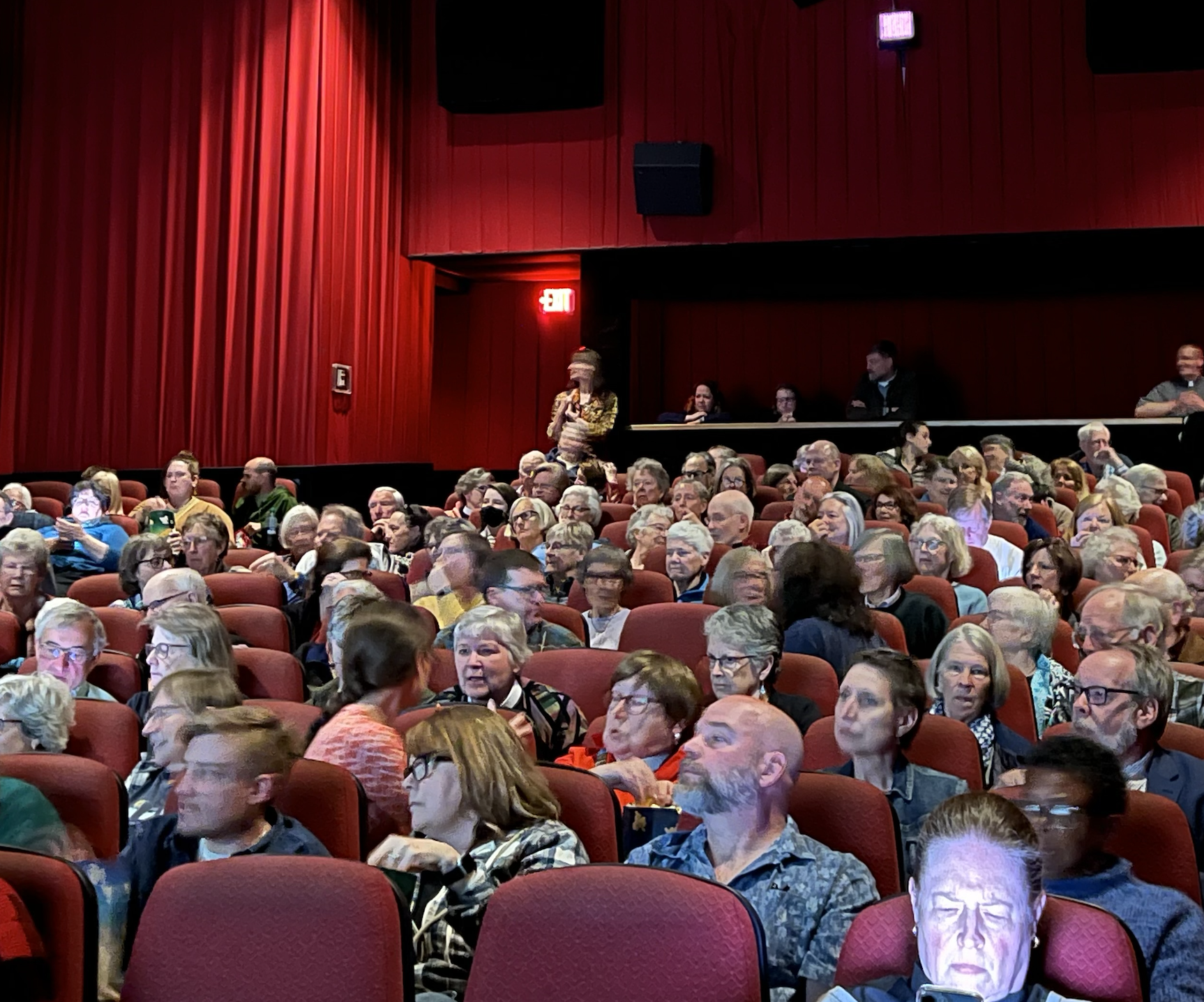
People power
Self-distribution is empowering.
We just wrapped a two-year community driven distribution of our film THE PHILADELPHIA ELEVEN. As we start a new year, we are pausing to celebrate more than 515 community screenings, a semi-theatrical in 14 cities with sold out theaters, thousands of people joined online events, and close to 90% coverage for our PBS broadcast.

Understanding Collaboration
Storytelling requires deep listening and connection, and video production depends on contributions from many different creative people. Everything we do is rooted in collaboration. That doesn't mean that all productions are, in fact, collaborative. To the contrary, traditionally there is a strict hierarchy on film sets.

Something Needs to Happen
I teach storytelling to college students and nonprofit leaders. The concept of storytelling for feature films is easy enough to grasp, but how do we apply that to nonprofit fundraising or communications? How do we effectively amplify our work through our stories?

How to get the most out of a nonprofit fundraising video
You are a Development Director, Executive Director, or maybe you work on the Communications team. Here are some tips to help you plan a video that reaches your audience authentically, and increases your bottom line.
